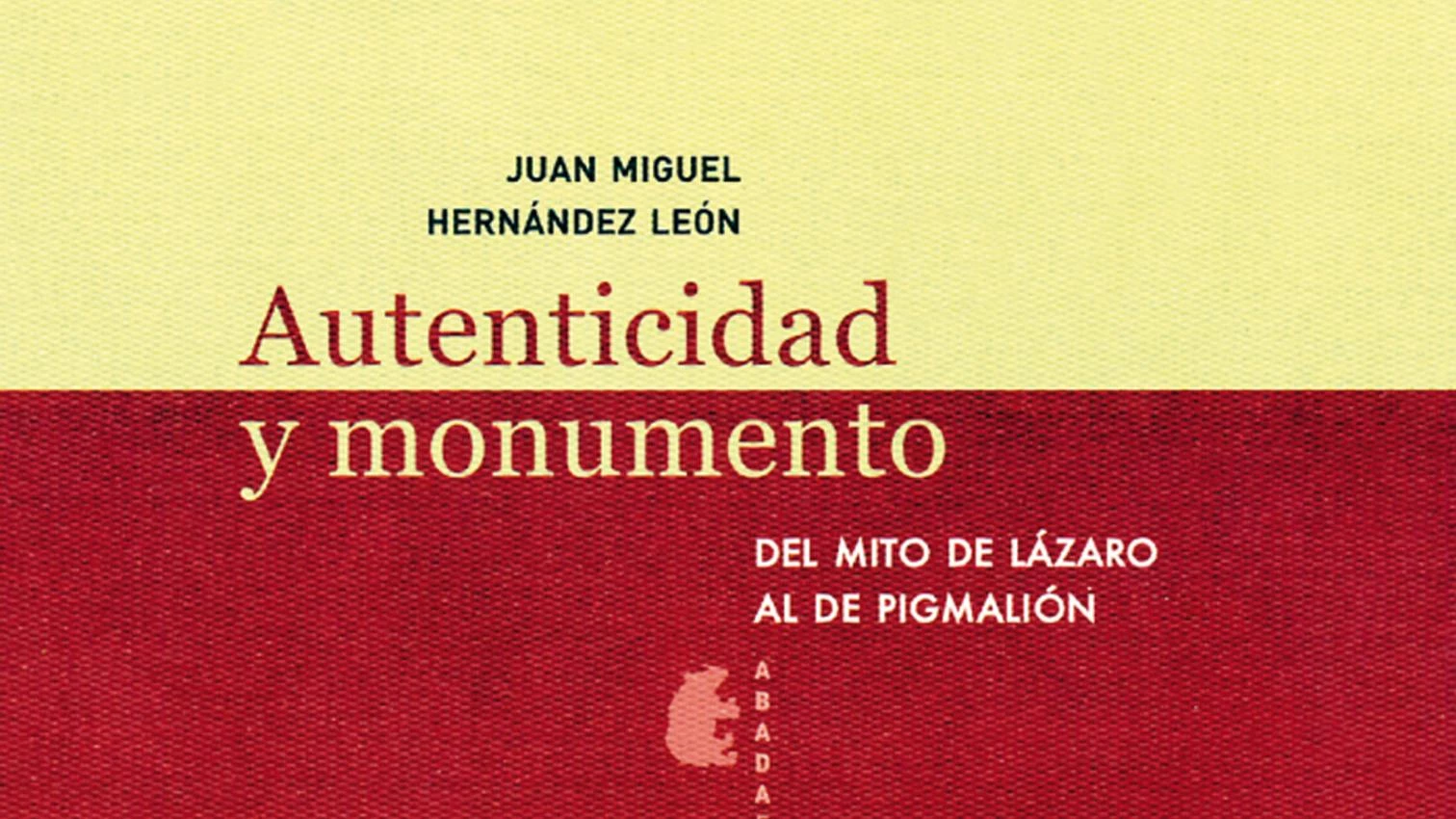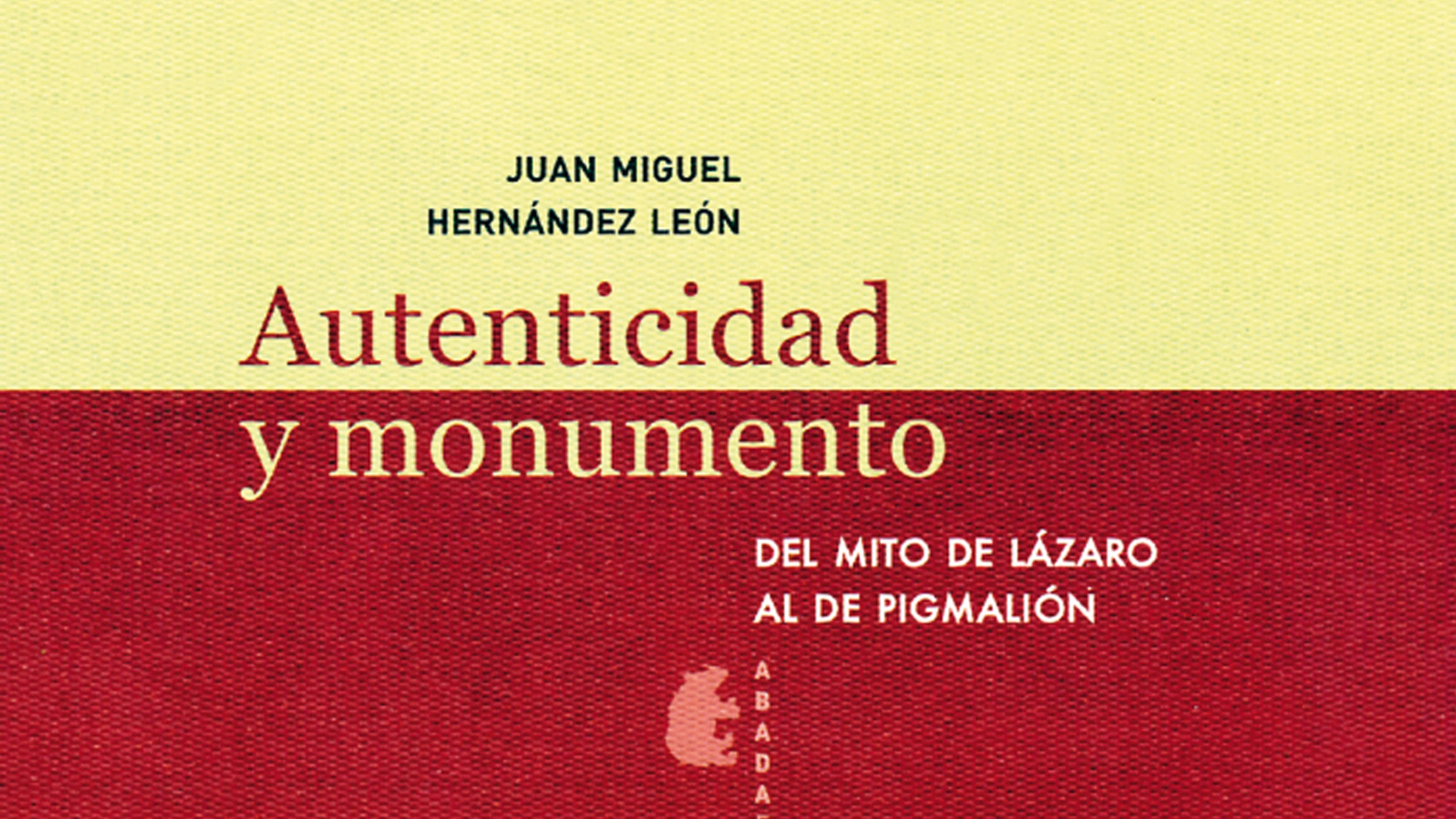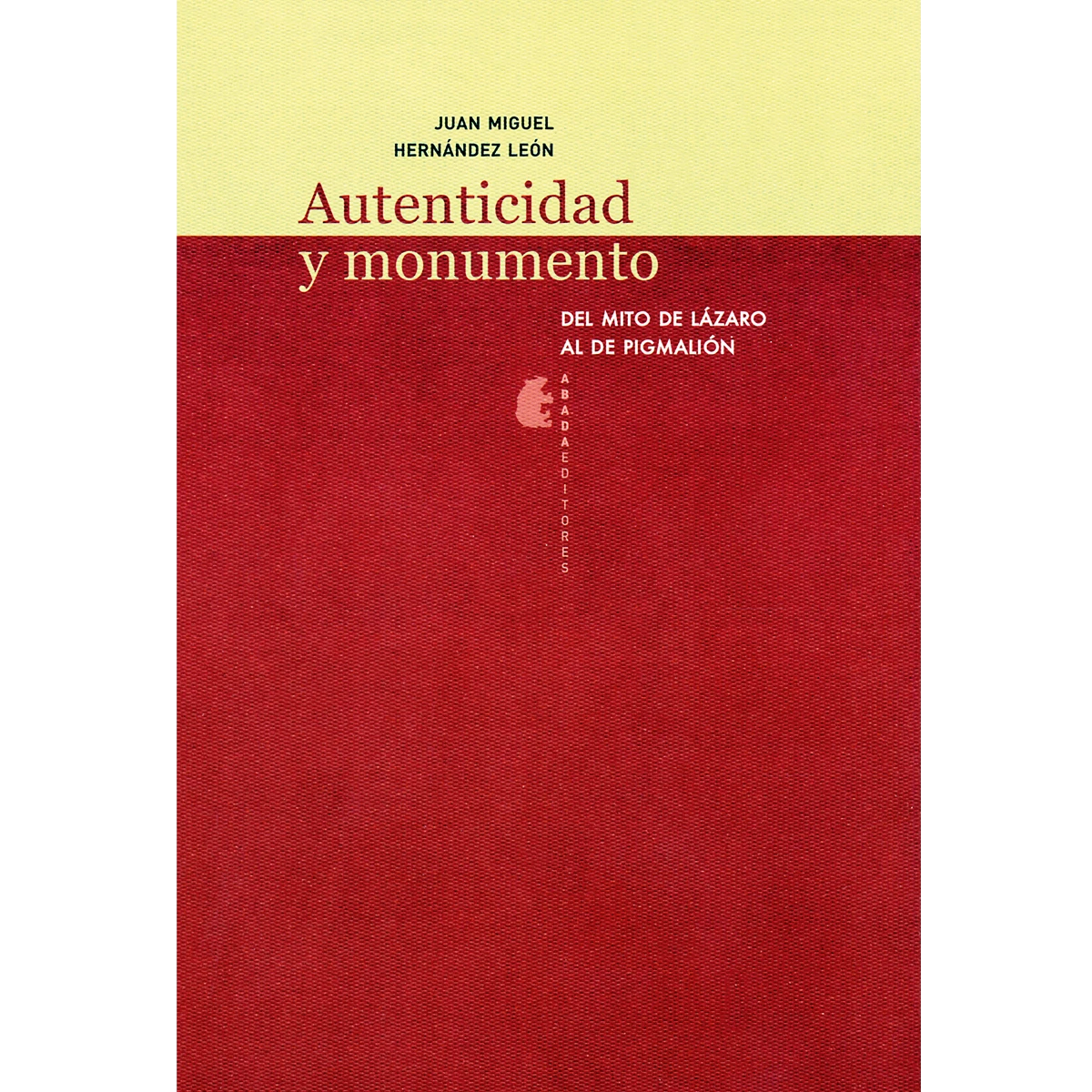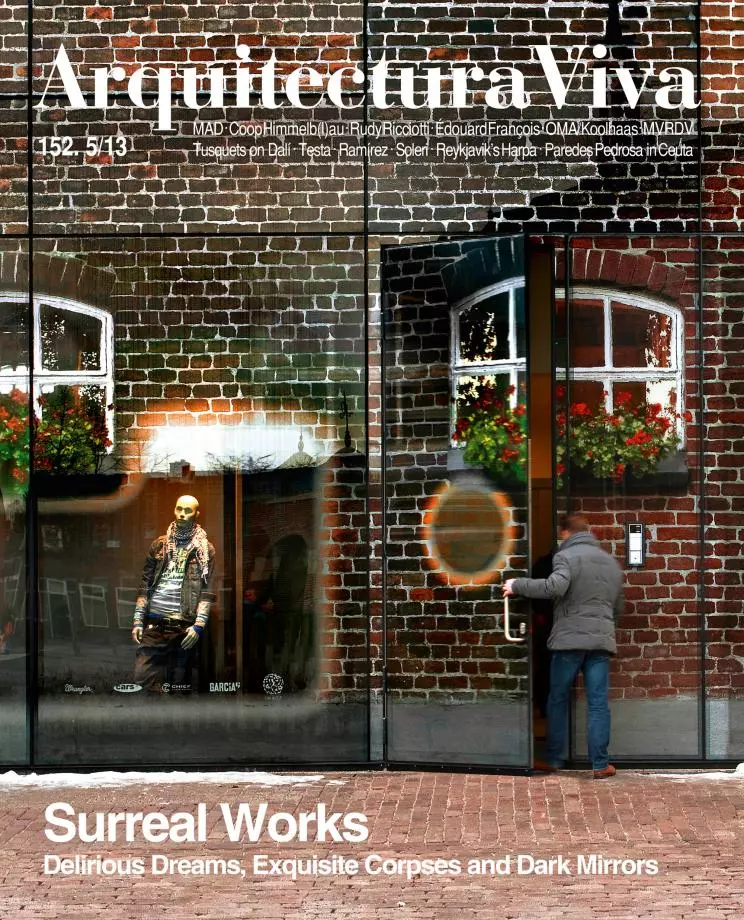
Of all the modern utopias, the one that seeks to preserve or revive the past is the most improbable. Like the observer of Heisenberg, the restorer knows that his footprint alters the object of the work. The theorist, for his part, is aware that preserving the historical piece is to extract it from the process of time, which is really what gives it the value it has. The heritage discourse hides paradoxes and dark areas, and efforts to throw light on these are appreciated.
Juan Miguel Hernández León tries to do this in a philosophical inquiry into diverse succeeding theories on heritage, from the Renaissance instauration to the building code plots of today. His discourse is dense, sometimes dark, and will deter some readers, but it has an approach that will interest others, and that transcends the usual discourse of specialists to freely use a cartography of pertinent concepts.
The polarity between matter and memory structures the book, which begins with the early Renaissance concept of ‘monument’, continues with the old/modern and model/copy binomies of the Enlightenment, flourishes with the ‘culture of tutelage’ established by Quatremère de Quincy, is reinforced with the struggle between Viollet-le-Duc and Ruskin, and, enriched with contributions from Riegl, Boito and Giovannoni, and with the premises of the Athens Charter, delves into the prospects of the monument in a culture that is no longer that of memory, but of pure marketing: a culture like our own.







